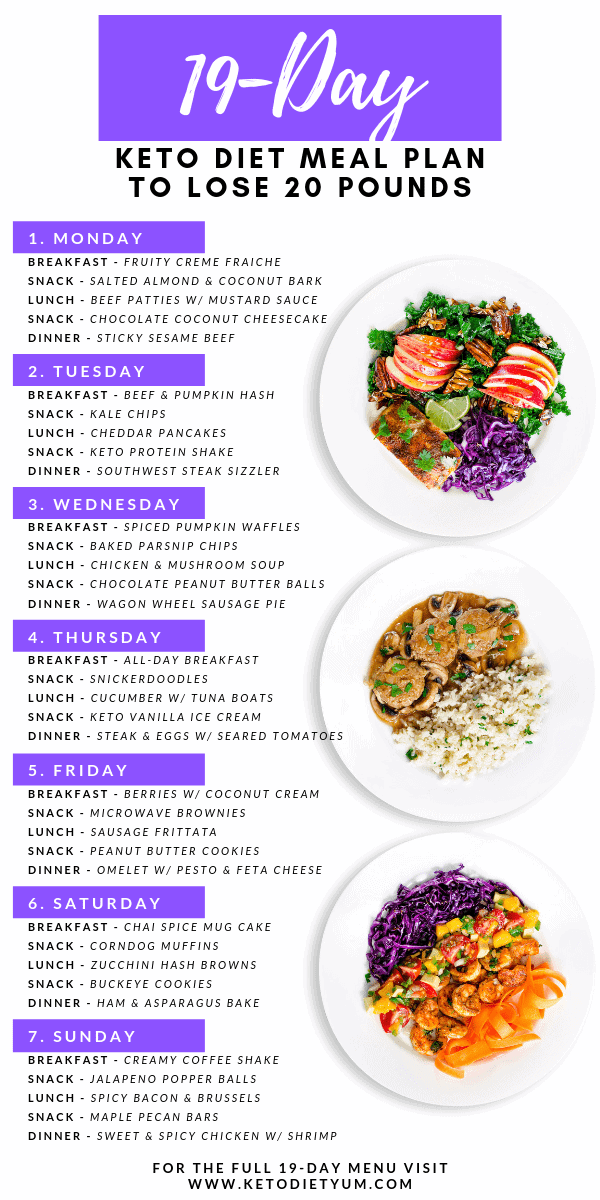The realm of diets can be overwhelming, especially with the plethora of options present in today’s world. spanning from low-carb to vegetarian, each diet claims to offer distinct benefits and satisfy diverse living needs. https://rentry.co/us4u4pkz , celebrated for its focus on natural foods and wholesome fats, has gained popularity as a method to improve both wellness and lifespan. It is valued by many healthcare professionals and dietitians, not merely for its delicious flavors but also for the remarkable health benefits it offers.
In this article, we will explore various diet types and how they affect your body. By examining the pros and cons of popular diets like the ketogenic diet, paleo, and the DASH diet, we aim to help you decide which approach might be right for your fitness journey. If you’re seeking efficient weight reduction, muscle building, or just a more sustainable way of eating, our guide will tackle your questions and assist you in making informed decisions about your eating lifestyle.
Understanding the Mediterranean Culinary Plan
The Mediterranean Culinary Plan is a dietary framework inspired by the traditional dining practices of countries bordering the Mediterranean Sea Sea, including Greece, and Spain. It highlights complete, unprocessed foods, including a range of fresh fruits, veggies, grains, legumes, nuts, and nutritious fats, predominantly olive oil. This cuisine also includes moderate amounts of seafood and chicken, while red meat and sweets are consumed sparingly. One of its fundamental tenets is savoring meals with loved ones and companions, encouraging a social aspect that contributes to overall well-being.
Dietitians frequently recommend the Mediterranean Diet for its numerous health benefits. Research consistently demonstrates it can enhance heart health, aid in weight management, and lower the risk of chronic diseases such as diabetes and certain types of cancer. The diet's rich selection of antioxidant-rich foods and anti-inflammatory foods aids combat oxidative stress in the body. Additionally, Fasting diet on healthy fats and fiber supports better digestion and curbs appetite, making it more manageable to stick to a healthy diet.
For those looking to adopt a more nutritious lifestyle, the Mediterranean Sea Diet offers adaptability and diversity, making it more feasible to adhere to long-term. Unlike more restrictive diets, it encourages people to enjoy a broad selection of dishes, catering to different palates and preferences. Whether you're a seasoned cook or new your path into healthier eating, this diet provides a pathway to lasting wellness that can easily be tailored to fit individual lifestyles.
Benefits of the Mediterranean Diet
The Mediterranean Diet is widely recognized as renowned for its heart-healthy benefits, mainly due to its emphasis on unsaturated fats, especially from olive oil. Research have shown that adhering to this diet can considerably lower the risk of heart disease by reducing bad cholesterol levels and improving overall cardiovascular health. Additionally, the diet encourages the consumption of seeds, grains, and fish rich in omega-3 fatty acids, additionally supporting heart health.
Another notable advantage of the Mediterranean Diet is its potential for maintaining a healthy weight. By focusing on complete, minimally processed foods like vegetables, greens, unsweetened grains, and lean proteins, this dietary approach promotes satiety and helps regulate appetite. Rather than limiting food intake, the Mediterranean Diet encourages mindful eating and portion control, allowing it to be easier for individuals to maintain a healthy weight without suffering from deprived feelings.
Lastly, the Mediterranean Diet has been linked to better lifespan and reduced risk of chronic diseases. Its rich array of antioxidants, vitamins, and minerals from whole foods contributes to better overall health and may lower the incidence of conditions such as diabetes, hypertension, and certain cancers. Furthermore, the diet's emphasis on gathering around food and cultural traditions cultivates a positive relationship with food, enhancing mental well-being and promoting a balanced lifestyle.

How to Adopt the Mediterranean Diet into Your Lifestyle
Following the Mediterranean diet is simpler than you might think. First, filling your kitchen with the foundations of this diet, such as fresh fruits, vegetables, whole grains, legumes, nuts, and nutritious fats like olive oil. Organizing your meals around these ingredients can make grocery shopping more straightforward and ensure you always have wholesome options on hand. Add a variety of herbs and spices to boost flavors without relying on salt, making your meals both delicious and healthful.
Another key aspect is to make mealtimes a communal event. The Mediterranean culture emphasizes shared meals and dining with family and friends. Aim to set aside time to enjoy your meals without distractions, fostering connections and mindfulness. Cooking together with loved ones can also make it a fun experience, allowing everyone to learn and appreciate the nutritious foods being prepared.
Finally, consider incorporating physical activity into your routine to complement the Mediterranean lifestyle. Whether it's walking, cycling, or participating in a group dance class, staying active is essential. Aim for frequent exercise as part of your daily life, aligning it with community activities or family outings. This not only improves physical wellness but also strengthens the social aspect of living a Mediterranean lifestyle.
